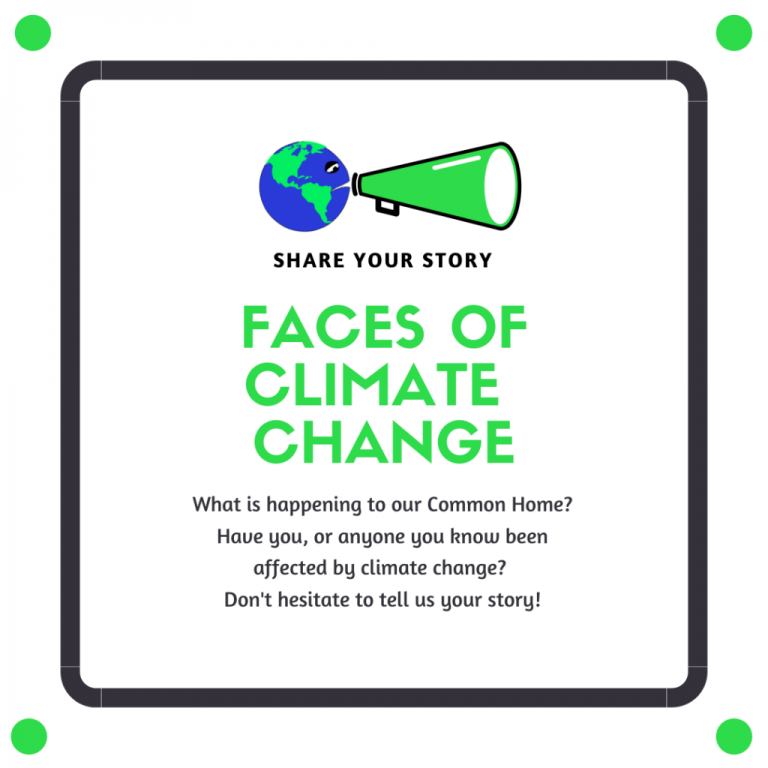
In our December editorial – ‘Stories and Friends’ – we talked of how accepting ‘the reality’ of climate change is not enough. Our ‘acceptance’ needs depth. We can read reports, we can learn about the science – and the politics! – but that will never change what we do. There are some who go and see for themselves how the forests are being destroyed, how water is disappearing from view and how land has lost its fertility. It seems hard not to be changed by such an experience, but for most of us, especially those with young families, this is not an option. So what do we do?
To be human is to engage the heart and, if the heart is not engaged, we become inhuman. Heartless. The disturbing reality is that people can be unintentionally heartless. The leaders on both sides of the First World War and of the Vietnam War knew all about the statistics, the economic costs and organisational complexities. On both sides in both wars they launched offensives, which ended up as bloody failures, but those failures had no effect on them.
They were genuinely unable to see.
We may not be sending young men to the slaughter, like those generals and politicians, but we might have something to learn from their human (if heartless) behaviour. We may know all about the climate emergency and ‘feel’ very strongly about it, but without stories about named people in named places, we can lose our capacity to respond in a helpful way to the reality which is shaping all our lives.
We can sink into feelings of guilt and helplessness, in which case we will be of no use to anyone, or we can become self-righteous and, therefore, destructive. Self-righteous people don’t think; they simply react. They don’t listen which means, for all their high moral purpose, they have no way of telling good from evil where it really counts – i.e. under their own noses.
We need stories from distant parts. This is not just a nice idea about nice poor people in Africa and India and South America. Stories are the life blood of civilisation and Eco-Bites is finding out that getting stories from people in other parts of the world is not as easy as it seems. When stories remain untold civilisation is fragile. The good news is that other people in one of those far off places have read Eco-Bites! They like what we said and we are all working on it – together!

